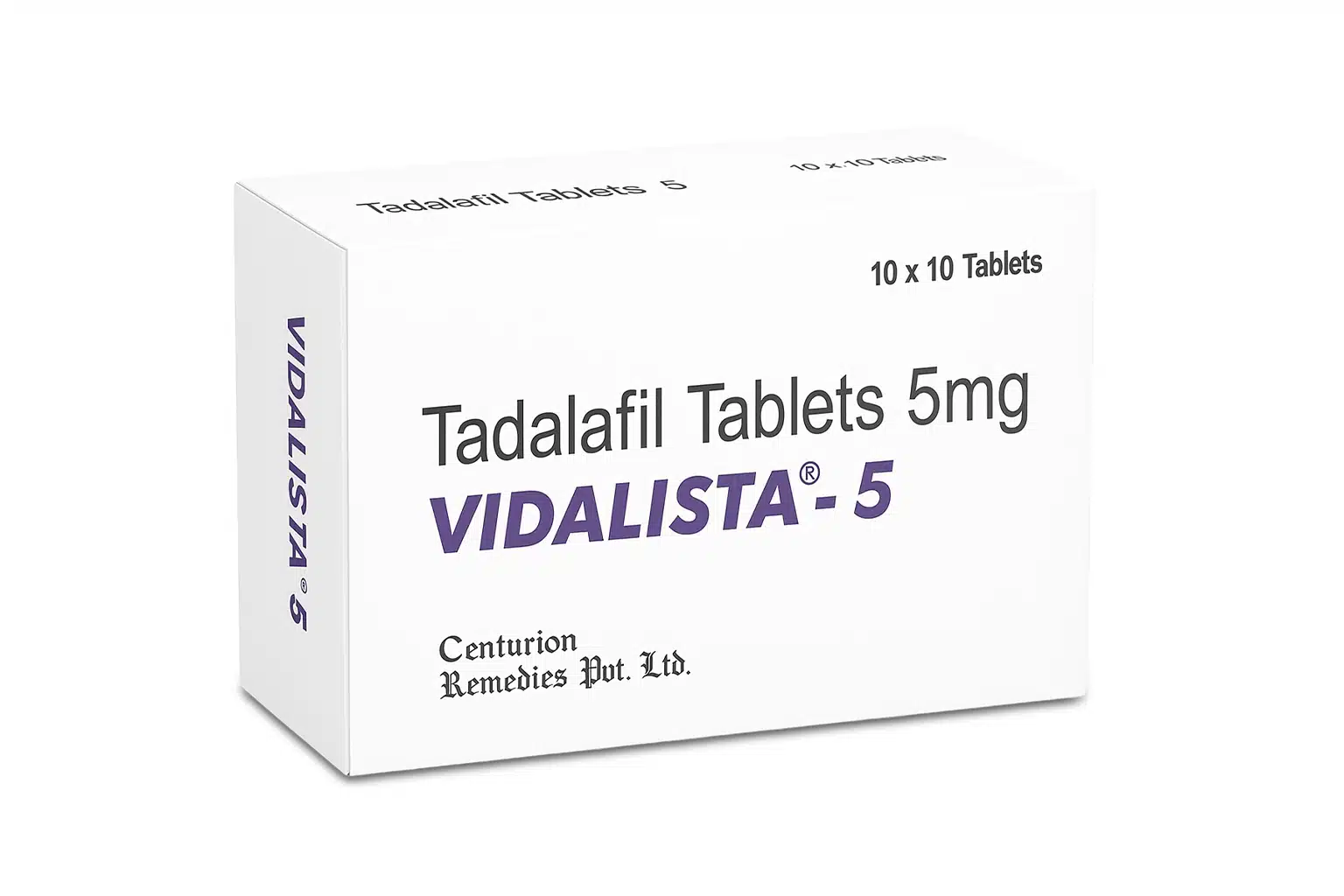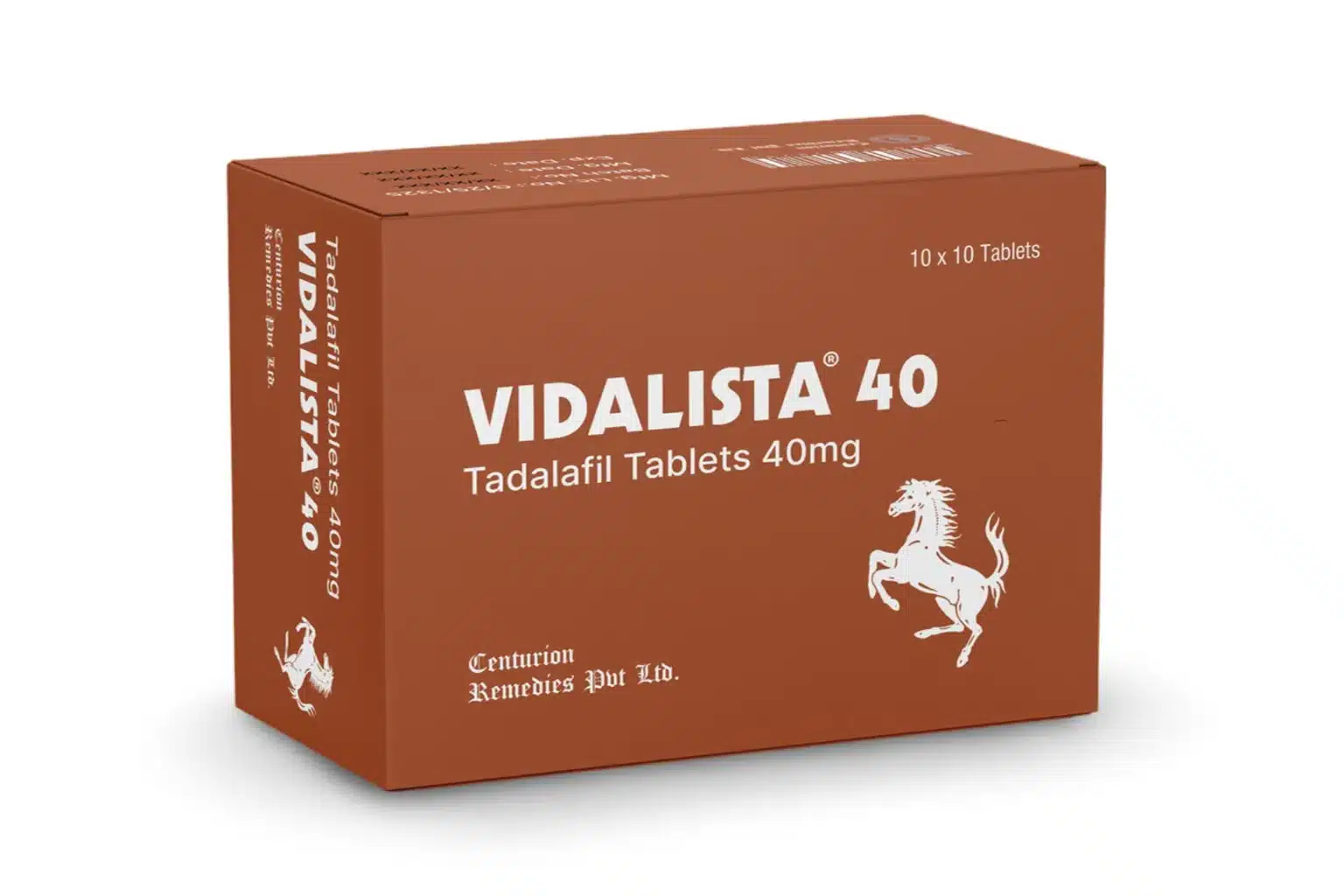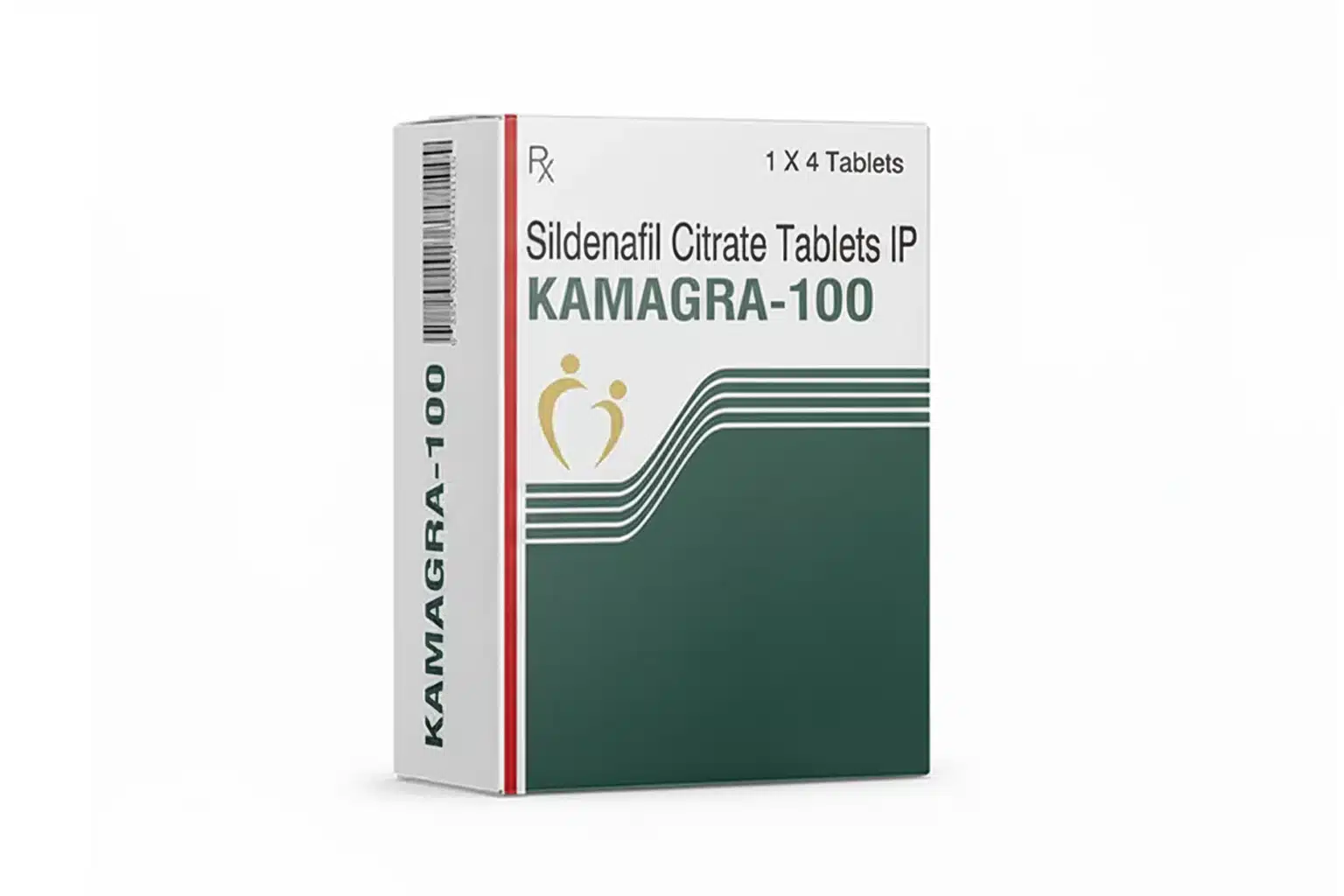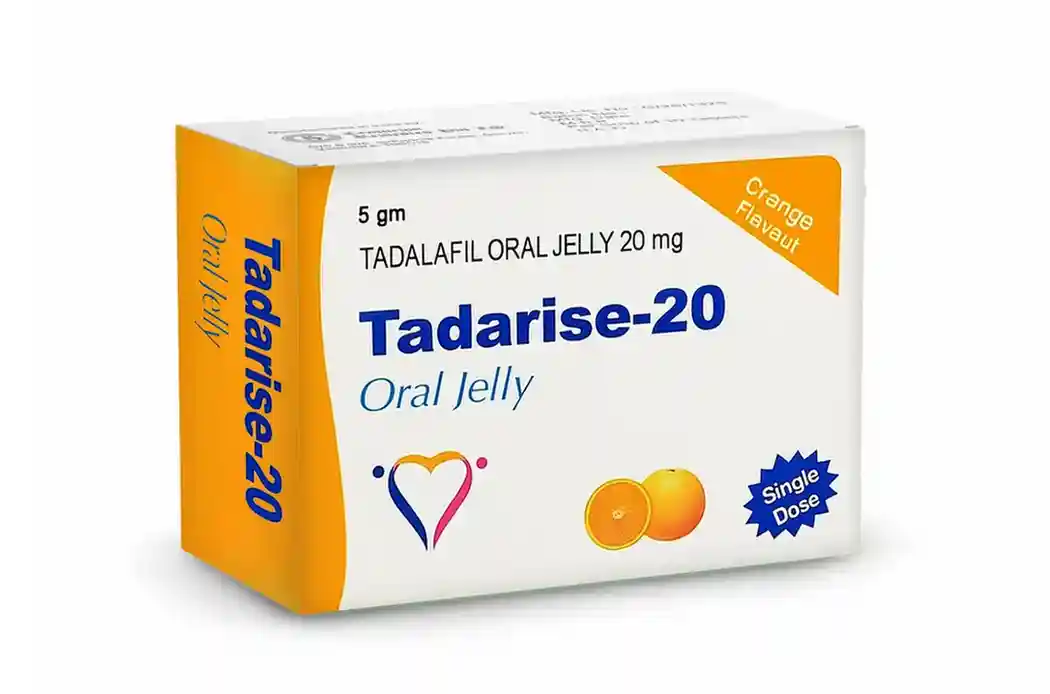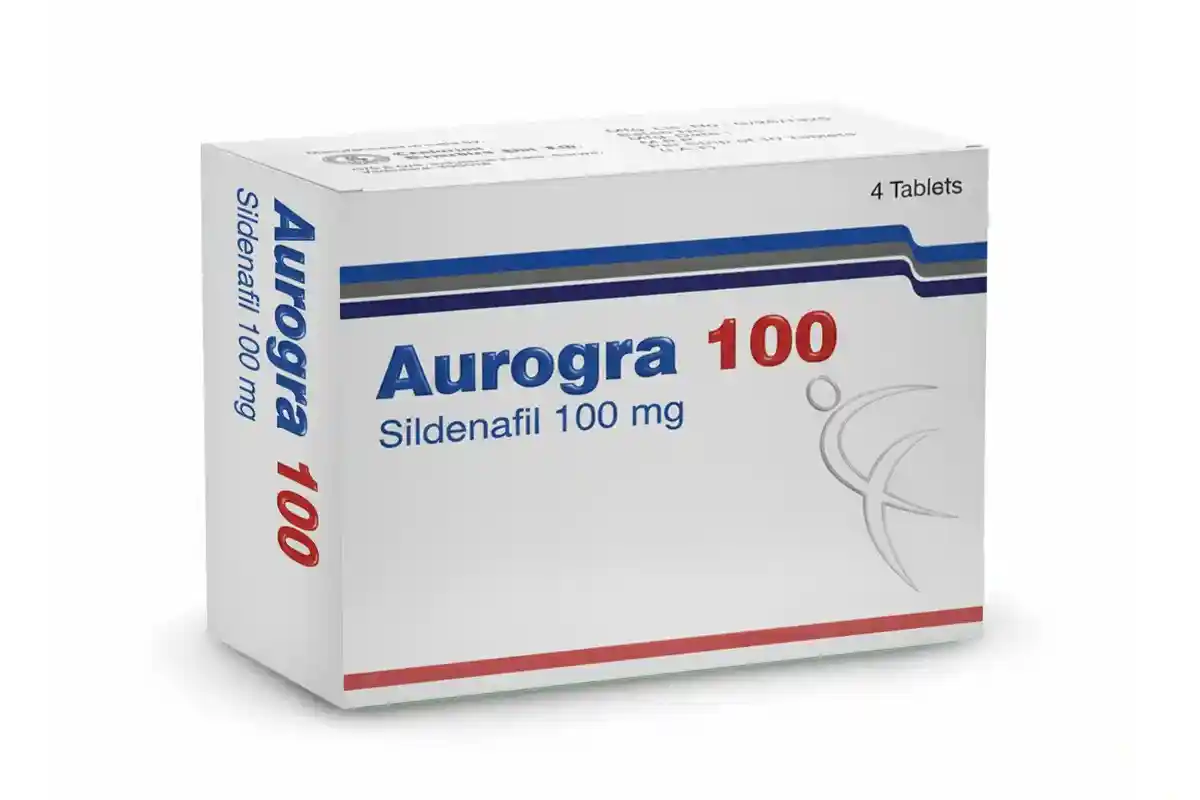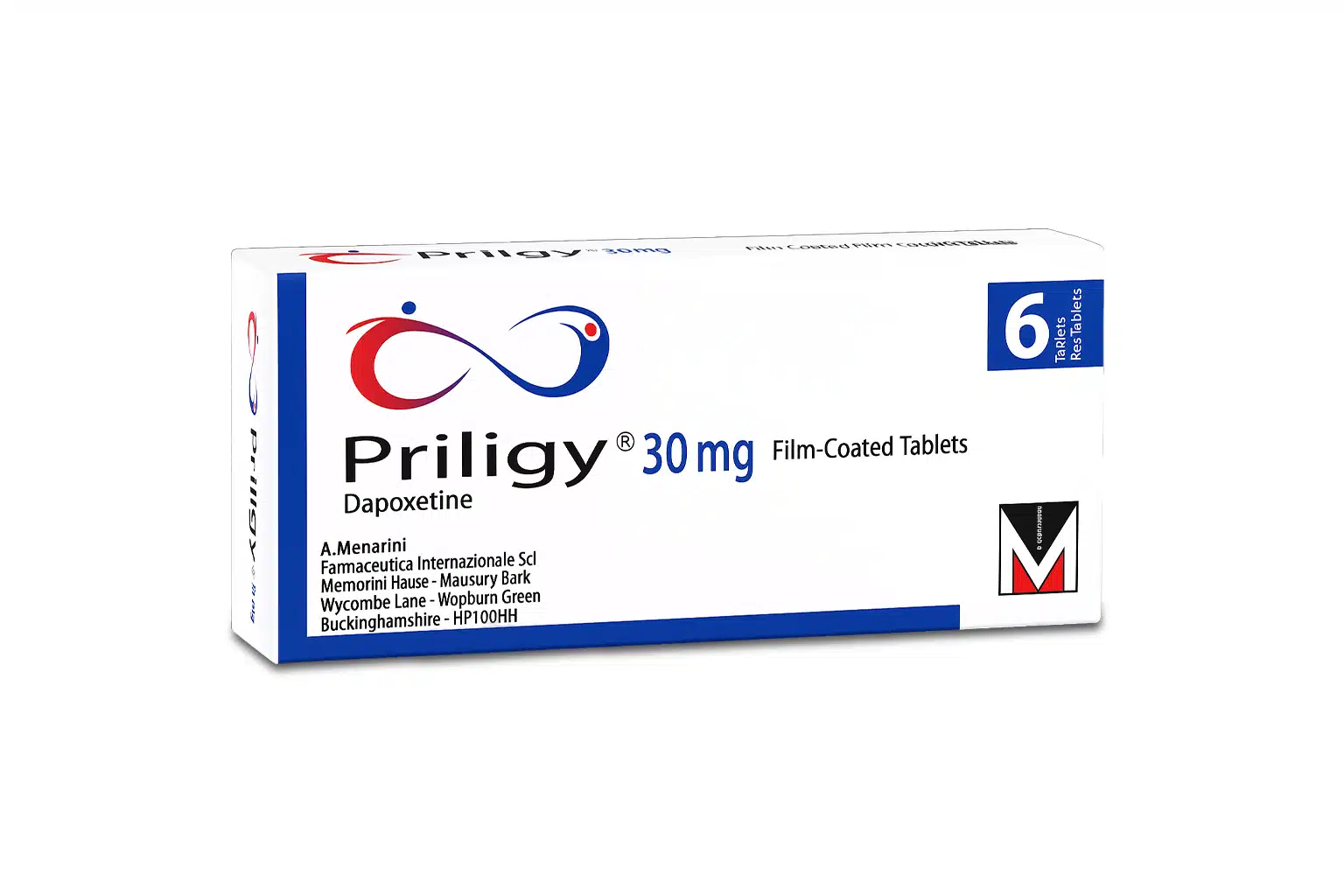Sex matters — not just for pleasure, but for how we feel about ourselves, our relationships, and our mental health. When sexual problems start to interfere with confidence, intimacy, or daily life, sex therapy can help. This blog explains what sex therapy is, how it’s different from regular talk therapy, who benefits, the common approaches therapists use, what the evidence says, and practical steps to take. Throughout, we’ll keep things simple and respectful so anyone — men or women, single or partnered — can understand how sex therapy supports both mental health and sexual wellness.
What is sex therapy?
Sex therapy is a form of psychological treatment that focuses specifically on sexual concerns: low desire, arousal problems, erectile difficulties, pain with sex, premature or delayed ejaculation, differences in desire between partners, or emotional issues that block intimacy. Unlike medical treatments that target the body, sex therapy addresses the thoughts, feelings, relationship patterns, habits, and behaviors that affect sexual experience. Many certified practitioners combine education, behavioral exercises, relationship coaching, and medical referrals when needed. Professional certification and training (for example through organizations such as AASECT) help ensure therapists have specific skills in sexual health.
Why sexual wellness and mental health are tightly linked
Sexual function and mental health are two-way streets. Depression, anxiety, stress, trauma, body-image concerns, and relationship conflict all commonly reduce desire and sexual satisfaction. Conversely, persistent sexual problems can erode self-esteem, increase anxiety, and strain relationships, which in turn worsens mood and perpetuates the cycle. Large reviews and population studies show consistent links between positive sexual health indicators and lower rates of depression and anxiety ,and higher quality of life. Because sex touches emotional, social, and physical domains, treating sexual problems often helps mental health, and treating mental health often improves sexual wellness.
Who should consider sex therapy?
Sex therapy can help people with:
- Ongoing low sexual desire or arousal problems.
- Painful sex (genito-pelvic pain/penetration disorders).
- Performance anxiety or erectile issues not fully explained by medical tests.
- Desire discrepancies and relationship intimacy problems.
- Past sexual trauma, sexual compulsivity, or distress about sexual identity or orientation.
Both individuals and couples benefit; many clinics offer psychosexual services or specialized referrals through primary care or sexual health clinics. If a medical condition (hormonal imbalance, cardiovascular disease, or medication side effects) contributes to the problem, a combined medical-and-therapy approach is usually best.
Best Seller
-
Cenforce 100 Mg
Best Seller$24.00 – $215.00Price range: $24.00 through $215.00Rated 4.50 out of 5Shop Now This product has multiple variants. The options may be chosen on the product page -
Vidalista 5 Mg
best sellers$18.00 – $182.00Price range: $18.00 through $182.00Rated 4.00 out of 5Shop Now This product has multiple variants. The options may be chosen on the product page -
Vidalista 40 Mg
Best Seller$28.00 – $276.00Price range: $28.00 through $276.00Rated 4.00 out of 5Shop Now This product has multiple variants. The options may be chosen on the product page -
Cenforce 200 Mg
best sellers$31.00 – $335.00Price range: $31.00 through $335.00Rated 4.00 out of 5Shop Now This product has multiple variants. The options may be chosen on the product page -
Cenforce Fm
best sellers$33.00 – $218.00Price range: $33.00 through $218.00Rated 4.00 out of 5Shop Now This product has multiple variants. The options may be chosen on the product page -
Kamagra 100 mg
best sellers$24.00 – $125.00Price range: $24.00 through $125.00Rated 5.00 out of 5Shop Now This product has multiple variants. The options may be chosen on the product page -
Fildena 100 mg
best sellers$24.00 – $244.00Price range: $24.00 through $244.00Rated 4.00 out of 5Shop Now This product has multiple variants. The options may be chosen on the product page -
Malegra Oral Jelly 100 Mg
best sellers$8.00 – $44.00Price range: $8.00 through $44.00Rated 5.00 out of 5Shop Now This product has multiple variants. The options may be chosen on the product page -
Super Kamagra Oral Jelly
best sellers$25.00 – $120.00Price range: $25.00 through $120.00Rated 4.00 out of 5Shop Now This product has multiple variants. The options may be chosen on the product page -
Tadarise Oral Jelly
best sellers$19.00 – $72.00Price range: $19.00 through $72.00Rated 4.00 out of 5Shop Now This product has multiple variants. The options may be chosen on the product page -
Careforce 200 Mg
best sellers$29.00 – $332.00Price range: $29.00 through $332.00Rated 5.00 out of 5Shop Now This product has multiple variants. The options may be chosen on the product page -
Stallegra 100 Mg
best sellers$88.00 – $224.00Price range: $88.00 through $224.00Rated 5.00 out of 5Shop Now This product has multiple variants. The options may be chosen on the product page -
Exclusive
Aurogra 100 Mg
best sellers$29.00 – $76.00Price range: $29.00 through $76.00Rated 4.00 out of 5Shop Now This product has multiple variants. The options may be chosen on the product page -
Priligy 30 mg
best sellers$22.00 – $156.00Price range: $22.00 through $156.00Rated 4.50 out of 5Shop Now This product has multiple variants. The options may be chosen on the product page
What actually happens in sex therapy?
Sex therapy is practical and often homework-oriented. Common approaches include:
- Assessment and education (PLISSIT framework).
Therapists often use the PLISSIT model — Permission, Limited Information, Specific Suggestions, Intensive Therapy — to decide how much intervention someone needs. Early sessions usually focus on understanding the problem, dispelling myths, and giving straightforward information.
- Sensate focus and behavioral exercises.
Originating with Masters and Johnson, sensate focus is a stepwise set of touching exercises that removes performance pressure and rebuilds pleasurable, non-goal-oriented intimacy. It’s used for both desire and performance problems and helps partners reconnect physically without the expectation of intercourse. Many therapists still use it as a core tool.
- Cognitive-behavioral therapy (CBT).
CBT targets the thoughts and anxiety that interfere with sexual response (for example, “I’ll fail” or catastrophic thinking about orgasm). Evidence supports CBT for multiple sexual concerns, particularly for improving women’s sexual function and reducing anxiety-driven issues. CBT is often combined with homework tasks and graded exposure to feared situations.
- Mindfulness and acceptance-based approaches.
Mindfulness training—learning to notice sensations and thoughts without judgment—has promising evidence for certain sexual problems, especially desire and arousal concerns in women. It reduces distraction and self-criticism that can block pleasure.
- Couples therapy and communication training.
Many sexual problems are maintained by unspoken expectations, poor communication, or unresolved conflict. Couples work helps partners voice needs, negotiate desire discrepancies, and rebuild safety and erotic connection. Therapists might combine standard couples therapy with sex-specific tasks.
- Medical collaboration where needed.
When physical issues (hormonal, vascular, neurological, or pain) play a role, sex therapists work with urologists, gynecologists, physiotherapists (pelvic floor), or psychiatrists so treatment addresses both body and mind. Integrating medication or medical procedures with therapy often gives the best outcomes.
Does sex therapy work?
Yes — when matched to the problem and delivered by a trained clinician, sex therapy shows solid benefits. Large reviews and clinical trials report improvement in desire, arousal, and overall sexual satisfaction for many men and women treated with CBT, sensate focus, and mindfulness-based approaches. Outcomes are best when medical causes have been assessed and when couples commit to the process (it often involves homework). Evidence quality varies across conditions, and more research continues to refine which methods work best for which problems.
ED Medications and Emotional Confidence
Not all cases of erectile dysfunction require surgery. For many men, oral medications such as tadalafil-based drugs — including Vidalista Professional — are often effective in restoring erections by improving blood flow. While these drugs do not address the emotional root of performance anxiety or relationship stress, they can give men a confidence boost that makes sex therapy more effective. When combined, ED medications and therapy complement one another: the medication provides immediate physical support, while therapy works on long-term mental health and sexual wellness. This combined approach ensures that couples are not only overcoming physical barriers to intimacy but also creating stronger emotional and psychological bonds.
How to find a qualified sex therapist
Look for clinicians with specialized training and credentials (for example, AASECT certification in the U.S.) or referral pathways from sexual-health clinics. Ask about their experience with your specific concern, whether they work with individuals and couples, and how they coordinate with medical professionals. Many health systems have psychosexual services; sexual-health clinics and reputable hospital sites list local resources and referral steps.
Practical tips to try now
- Talk openly (briefly and kindly) with your partner about one thing you’d like to change.
- Practice a non-sexual shared activity that builds safety (walks, touch without expectations).
- Try a short mindfulness or grounding exercise before intimacy to reduce performance anxiety.
- Get a medical check-up if sexual changes are sudden — rule out medication side effects, hormone issues, or pain conditions.
FAQs
1. Is sex therapy only for couples?
No. Individuals with personal sexual concerns (low desire, pain, trauma) benefit from individual sex therapy; couples therapy is used when relationship dynamics play a big role.
2. Will sex therapy involve sex during sessions?
No. Therapy focuses on talk, education, and homework exercises done at home. Physical contact in sessions is not part of ethical practice.
3. How long does it take to see improvement?
Many people notice changes within a few sessions to a few months, depending on the problem’s complexity and how consistently homework is done. Chronic or trauma-related concerns may take longer.
4. Can therapy help sexual problems caused by depression or medication?
Yes. Therapy can address the psychological impact and help with coping strategies; coordinating with the prescribing doctor to adjust medications or treat depression often improves sexual outcomes.
5. Is sex therapy confidential?
Yes — like other mental health services, sessions are confidential within the legal limits (e.g., risk of harm). Always ask the therapist about confidentiality policies.
Selected references and resources
- World Health Organization — Sexual health overview. World Health Organization
- Vasconcelos P., et al. — Associations between sexual health and well-being (systematic review). PMC
- American Association of Sexuality Educators, Counselors and Therapists (AASECT) — certification and what sex therapists do. org
- Sensate focus background — Sexual Medicine Society (overview) and Cornell patient guide. SMSNA
- CBT and sexual dysfunction — recent systematic reviews/meta-analyses. PubMed
- Mindfulness-based approaches to sexual problems — systematic reviews. PMC
NHS sexual health and psychosexual clinic information. nhs.uk



